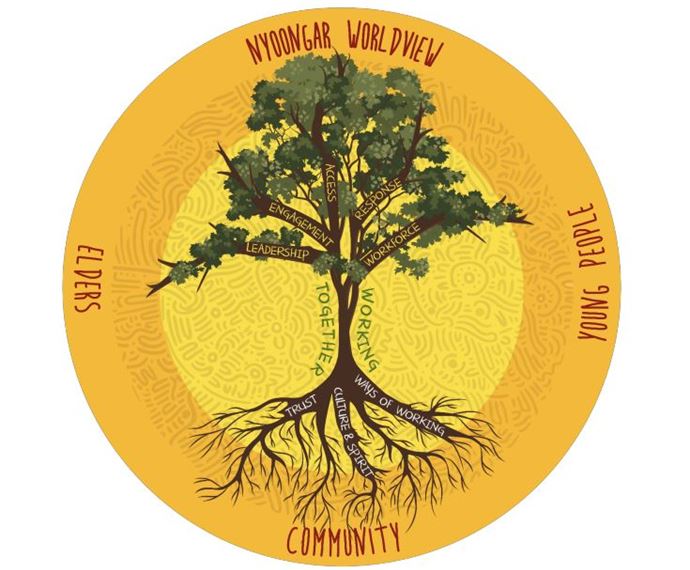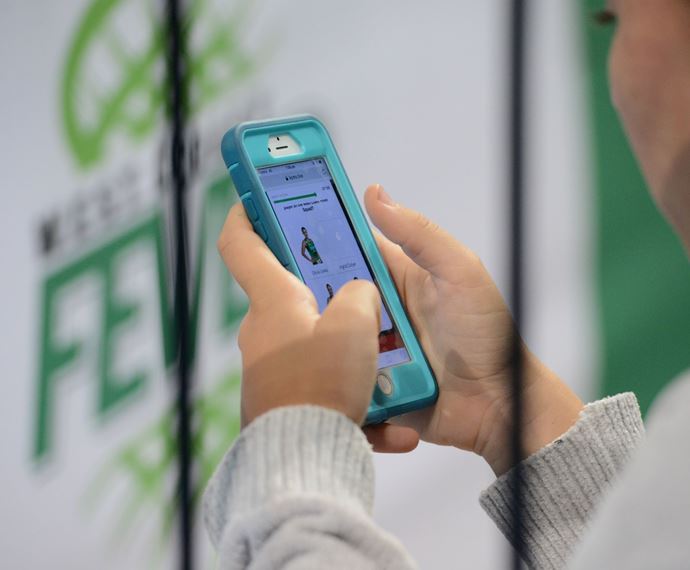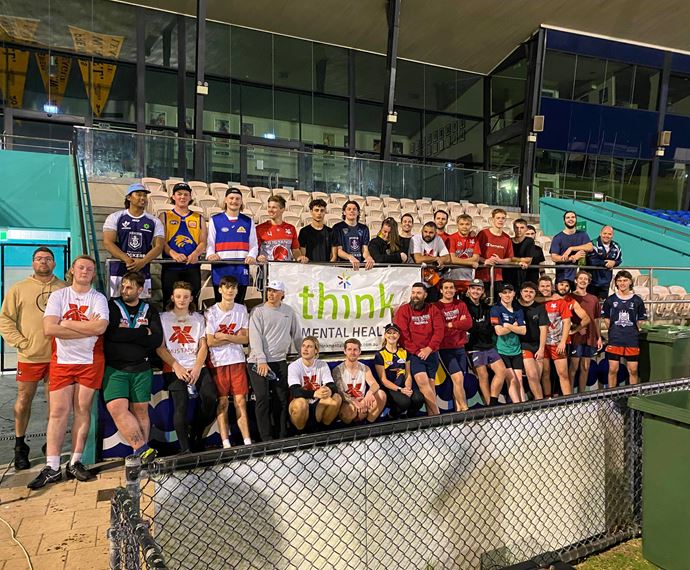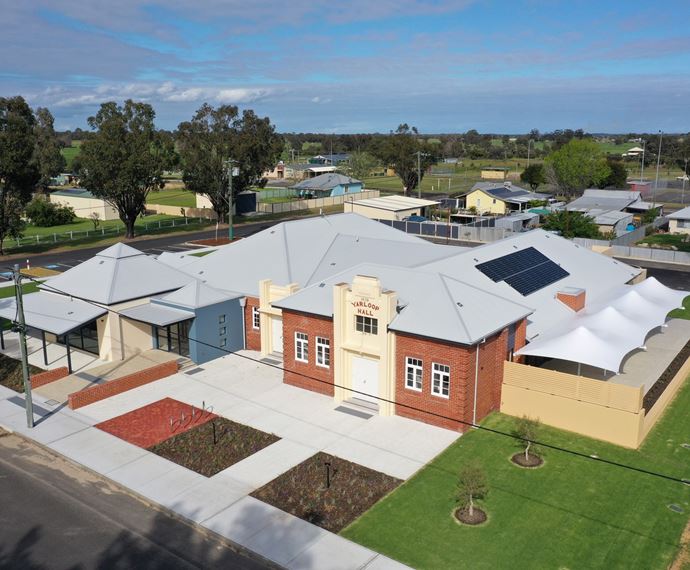Providing food relief for those who need it most
To efficiently provide food relief to Western Australians in need, the Western Australian Council of Social Services (WACOSS) developed a framework to ensure a more integrated and systemic response from both government and the community.
Lotterywest has supported WACOSS to develop and implement a WA Food Relief Framework. As a result, WACOSS worked with a range of stakeholders to understand the drivers and alleviators of food insecurity which guided and informed the Western Australian Food Relief Framework.
To develop a WA Emergency Food Relief Framework to improve efficiency in the supply of safe and nutritious food through an appropriate range of services to meet the state’s demand.
WA Council of Social Service
1/1/2019
$340,568
Lotterywest
$340,568
State-wide
General Community
- Deeper understanding of food insecurity in Western Australia and pathways that provide solutions were identified.
- Development of a Food Stress Index to provide a high-level snapshot of potential need for food emergency relief in different regions of WA.
- An understanding of the policy levers that can be used to mitigate poverty and food insecurity were developed.
- Building effective relationships and co-design were key.
- The collaborative work that has continued through this process was recognised at the 2021 Institute of Public Administration Awards, with the Fair Food initiative being awarded Best practice in collaboration between government and any other organisation.
- Broad and comprehensive stakeholder engagement meant both a broad and deep approach was captured.
- Improving integration of Indigenous cultural perspective could have been improved. The project struggled with how to include a greater representation and partnerships with Aboriginal Communities and Aboriginal food security leaders.
- With responses to food security often viewed through the lens of a western charity food system, exploring this area from the perspective of First Nations people may enable new ways of understanding and responding to food insecurity in a culturally appropriately way.
- Further exploring the impacts of geographic isolation could have led to a better understanding of food insecurity in remote areas.
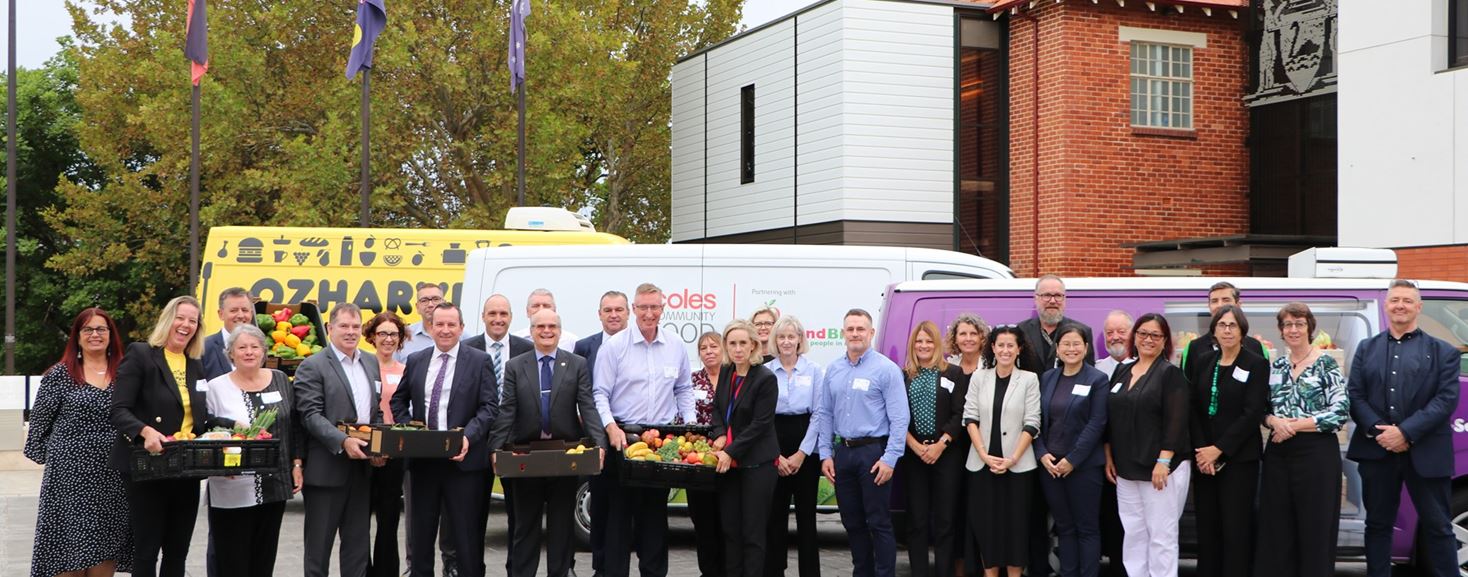
Opportunity
While food security is most commonly talked about as a challenge for developing nations, research shows even though Australia produces twice as much food as it consumes, an estimated four percent of Australians go hungry [1]. Foodbank’s reporting suggests that in 2021, 270,000 Western Australians were living in poverty [2].
Feedback from the community sector highlighted the need to develop a more coordinated approach to support food relief across the state, as it was often reactive, and not effective. Facilitated by Lotterywest, stakeholders from the emergency relief sector met in 2017 and identified a desire to improve efficiencies and collaboration. The collective identified the intended work and nominated WACOSS as the agency to take the lead.
Approach
To achieve a co-ordinated approach to providing food relief, WACOSS received a grant to develop a WA Food Relief Framework.
The Framework aimed to provide:
- An accurate and live map of food relief providers, service users and relevant primary producers and retailers, to identify gaps and overlaps as well as understand the nature of demand.
- Mechanisms for standardised data measurement and reporting systems to enable tracking of food insecurity over time.
- A sector wide procurement strategy to provide coordination of supply from primary producers and retailers through to food relief sector organisations and end users.
- Relevant sector guidelines, standards, and principles of practice, including a charter of service user's rights.
- Development, dissemination, and progress against a state-wide food insecurity advocacy strategy.
- Mechanisms to share information, knowledge, and good practice models.
- Development and delivery of programs and initiatives to build the collaboration, innovation, and the capacity of the sector.
The direction of the project was set by a Steering Committee comprised of representatives from the sector and key stakeholders.
Impacts and outcomes
One of the key findings from the work undertaken was that food insecurity was rarely the result of an emergency, and instead tends to be chronic and periodic. The sector, which operates support through a variety of different models, faced issues with the logistics of transportation, integration with other services, and various resourcing problems. Often the relief did not adequately meet the nutritional, cultural, and social needs of those needing assistance. Finally, it was identified that there was no data on the need, and impact of food services operating, and there was no central location in government to provide oversight and coordination.
To begin addressing some of these issues:
- A Food Stress Index was developed to provide a high-level snapshot of potential need for food emergency relief in different regions of WA.
- Standards for good practice in service delivery were identified.
- An understanding of the policy levers that can be used to mitigate poverty and food insecurity was developed.
- An understanding about why food insecurity exists in WA and pathways that provide solutions were identified.
The Food Relief Framework report has generated interest from across the country with other states reaching out to WACOSS for advice on how they might undertake a similar process across their charity food system.
The Food Relief Framework is having a lasting impact, by informing new projects to address issues identified in the research. This includes:
- Community organised Resource Exchange (CORE) platform which enables the sharing of resources between local business and the not-for-profit sector.
- The WACOSS Lived Experience Framework which describes the ways we might increase partnerships with people with a lived experience.
What worked
Building effective relationships
As a project that aimed to provide strategies for a diverse range of stakeholders involved in the charity food sector, good relationships were essential to make the project a success. This included the initial co-design of the sector's priorities, to having the project guided by charity food sector leaders and stakeholders. The collaborative work that has continued through this process was recognised at the 2021 Institute of Public Administration Awards, with the Fair Food initiative being awarded ‘Best practice in collaboration between government and any other organisation.’
Broad and comprehensive stakeholder engagement
Another critical activity was ensuring the consultation extended to every regional centre and engaged as many people as possible about what needed to be included and considered. Equally important was bringing back the draft report findings to each region to check the facts had been accurately captured.
Key challenges
Improving integration of Indigenous cultural perspective
The project struggled with how to include a greater representation and partnerships with Aboriginal Communities and Aboriginal food security leaders. With responses to food security often viewed through the lens of a western charity food system, exploring this area from the perspective of First Nations people may enable new ways of understanding and responding to food insecurity in a culturally appropriately way.
Exploring the impacts of geographic isolation
WACOSS has taken advice from colleagues who raised that many people experience food insecurity in remote areas and that it may be more beneficial to focus on geographic isolation. Fair Food WA, the key body leading the development of the Food Relief Framework, is now viewing the issue through this lens and hopes to identify new ways of ensuring all Western Australians have access to adequate supplies of safe nutritional food regardless of where they live.
REFERENCES
- Butcher, L.M., et al., Utilising a multi‐item questionnaire to assess household food security in Australia. Health Promotion Journal of Australia, 2019. 30(1): p. 9-17.
- Foodbank, Foodbank Hunger Report. 2018, Foodbank.
Additional links and resources
Want to learn more about this case study? Find related resources in this section.
-
Food Relief Framework
1. The Food Relief Framework is the charity food system analysis that guides the work WACOSS does across food security.
-
Food Stress Index - Video
2. The Food Stress Index can identify communities vulnerability to food stress and quantify the appoints and types of foods required to respond.
-
WAConnect - Project Webpage
3. WAConnect is a state-wide online community service directory.
-
WACOSS Workshops
4. WACOSS has developed a range of two hour workshops that can be delivered online free of change
-
Subscribe to the CRR Broadcast
5. Fortnightly newsletter with relevant sector updates, events and news articles, you can Sign up to the CRR Broadcast here.
Learn about wellbeing
Understand how your community is going to help you to better target and plan your project.
Ready to plan your project?
Understand your vision, plan your impact and report on the outcomes of your project with three easy interactive tools in the Community Impact Planner.
Acknowledgement of Country
The Western Australian Community Impact Hub acknowledges and pays respect to the Traditional Owners of the land on which we are based, the Whadjuk people of the Noongar Nation and extends that respect to all the Traditional Owners and Elders of this country. We recognise the significant importance of their cultural heritage, values and beliefs and how these contribute to the positive health and wellbeing of the whole community.
